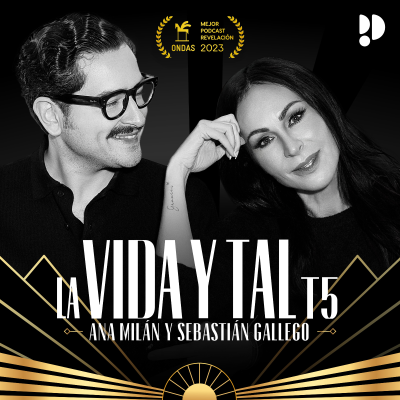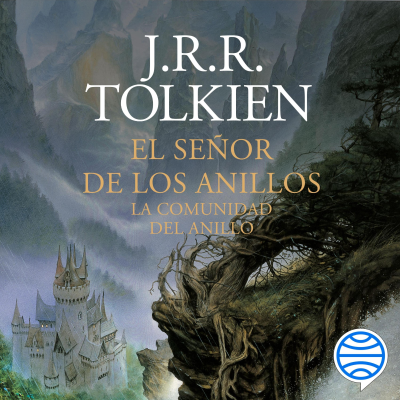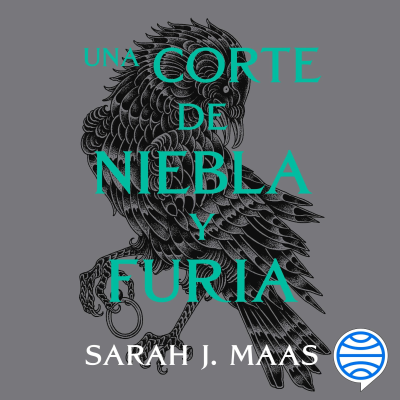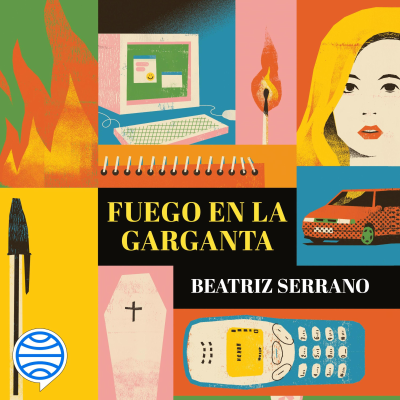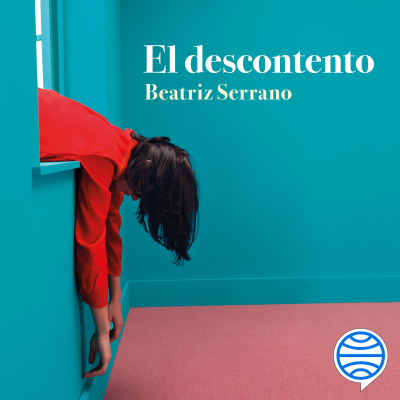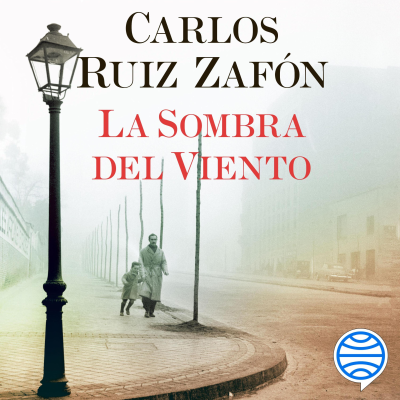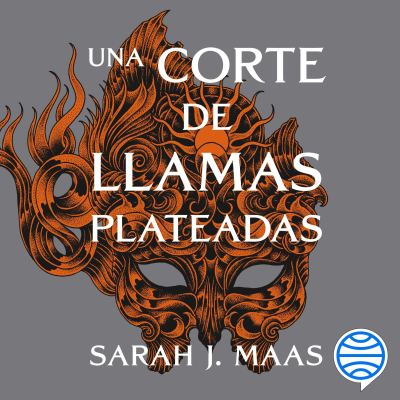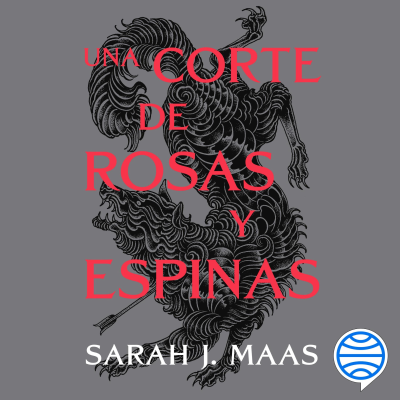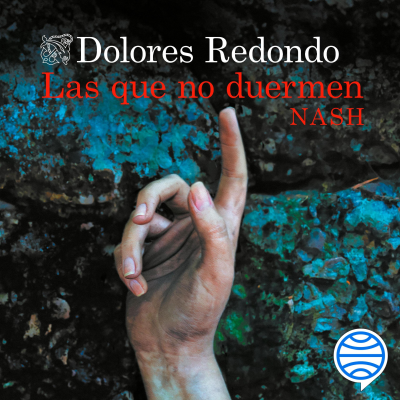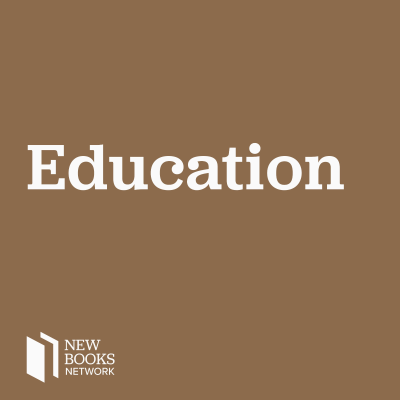
New Books in Education
Podcast de Marshall Poe
Interviews with Scholars of Education about their New Books Support our show by becoming a premium member! https://newbooksnetwork.supportingcast.fm/education
Disfruta 30 días gratis
4,99 € / mes después de la prueba.Cancela cuando quieras.
Todos los episodios
1108 episodiosAn Abundance of Caution: American Schools, the Virus, and a Story of Bad Decisions [https://bookshop.org/a/12343/9780262549158] (MIT Press, 2025) is a devastating account of the decision-making process behind one of the worst American policy failures in a century—the extended closures of public schools during the pandemic. In fascinating and meticulously reported detail, David Zweig shows how some of the most trusted members of society—from Pulitzer Prize–winning journalists to eminent health officials—repeatedly made fundamental errors in their assessment and presentation of evidence. As a result, for the first time in modern American history, millions of healthy children did not set foot in a classroom for more than a year. Since the spring of 2020, many students in Europe had been learning in person. Even many peers at home—in private schools, and public schools in mostly “red” states and districts—were in class full time from fall 2020 onward. Whatever inequities that existed among American children before the pandemic, the selective school closures exacerbated them, disproportionately affecting the underprivileged. Deep mental, physical, and academic harms—among them, depression, anxiety, abuse, obesity, plummeting test scores, and rising drop-out rates—were endured for no discernible benefit. As Europe had shown very early, after they had sent kids back to class, there was never any evidence that long-term school closures, nor a host of interventions imposed on students when they were in classrooms, would reduce overall cases or deaths in any meaningful way. The story of American schools during the pandemic serves as a prism through which to approach fundamental questions about why and how individuals, bureaucracies, governments, and societies act as they do in times of crisis and uncertainty. Ultimately, this book is not about COVID; it’s about a country ill-equipped to act sensibly under duress. David Zweig is the author of the novel Swimming Inside the Sun and the nonfiction book Invisibles. He has testified twice before Congress as an expert witness on American schools during the pandemic, and his investigative reporting on the pandemic has been cited in numerous congressional letters and a brief to the Supreme Court. Zweig’s journalism has appeared in The New York Times, The Wall Street Journal, The New Yorker, The Atlantic, New York, Wired, The Free Press, The Boston Globe, and, most often, his newsletter, Silent Lunch. He lives with his family in New York State. Caleb Zakarin is editor of the New Books Network. Learn more about your ad choices. Visit megaphone.fm/adchoices [https://megaphone.fm/adchoices] Support our show by becoming a premium member! https://newbooksnetwork.supportingcast.fm/education [https://newbooksnetwork.supportingcast.fm/education]
An interview with Jean Ryoo and Jane Margolis about Power On! [https://bookshop.org/a/12343/9780262543255] A diverse group of teenage friends learn how computing can be personally and politically empowering and why all students need access to computer science education. This lively graphic novel follows a diverse group of teenage friends as they discover that computing can be fun, creative, and empowering. Taylor, Christine, Antonio, and Jon seem like typical young teens—they communicate via endless texting, they share jokes, they worry about starting high school, and they have each other's backs. But when a racially-biased artificial intelligence system causes harm in their neighborhood, they suddenly realize that tech isn't as neutral as they thought it was. But can an algorithm be racist? And what is an algorithm, anyway? In school, they decide to explore computing classes, with mixed results. One class is only about typing. The class that Christine wants to join is full, and the school counselor suggests that she take a class in “Tourism and Hospitality” instead. (Really??) But Antonio's class seems legit, Christine finds an after-school program, and they decide to teach the others what they learn. By summer vacation, all four have discovered that computing is both personally and politically empowering. Interspersed through the narrative are text boxes with computer science explainers and inspirational profiles of people of color and women in the field (including Katherine Johnson of Hidden Figures fame). Power On! is an essential read for young adults, general readers, educators, and anyone interested in the power of computing, how computing can do good or cause harm, and why addressing underrepresentation in computing needs to be a top priority. Listen to the interview on the New Books Network Spanish here [https://newbooksnetwork.com/es/conectados] Learn more about your ad choices. Visit megaphone.fm/adchoices [https://megaphone.fm/adchoices] Support our show by becoming a premium member! https://newbooksnetwork.supportingcast.fm/education [https://newbooksnetwork.supportingcast.fm/education]
The debate over the inclusion of gender diverse people in sport has become the latest battleground in the fight for basic human rights and equality. Trans and nonbinary people around the world are facing physical harm and violence—including death—at unprecedented rates. In Let Us Play: Winning the Battle for Gender Diverse Athletes [https://bookshop.org/a/12343/9780807045343] (Beacon Press, 2025), trans athlete Harrison Browne and investigative journalist Rachel Browne reveal how the opposition towards gender diverse athletes is fueled by fear and a moral panic as opposed to facts around what makes “a level playing field.” Interweaving Harrison’s firsthand experience as a transgender athlete with exclusive accounts—from athletes, coaches, policymakers, and advocates on the front lines—Let Us Play dismantles the illusion that sports have ever been fair, that trans athletes pose a threat to women’s sports, and that gender-affirming healthcare for athletes should be prohibitive to play. Calling for a reframing of the binaries from youth and high school levels all the way to the national leagues, Browne and Browne offer a new path forward, led by solutions proposed by gender diverse athletes themselves. This interview was conducted by Dr. Miranda Melcher whose book [https://www.bloomsbury.com/uk/securing-peace-in-angola-and-mozambique-9781350407930/] focuses on post-conflict military integration, understanding treaty negotiation and implementation in civil war contexts, with qualitative analysis of the Angolan and Mozambican civil wars. You can find Miranda’s interviews on New Books with Miranda Melcher [https://newbooksnetwork.com/category/special-series/new-books-with-miranda-melcher], wherever you get your podcasts. Learn more about your ad choices. Visit megaphone.fm/adchoices [https://megaphone.fm/adchoices] Support our show by becoming a premium member! https://newbooksnetwork.supportingcast.fm/education [https://newbooksnetwork.supportingcast.fm/education]
Over the years, American colleges and universities have made various efforts to provide prisoners with access to education. However, few of these outreach programs presume that incarcerated men and women can rise to the challenge of a truly rigorous college curriculum. The Bard Prison Initiative is different. In his book, College in Prison: Reading in an Age of Mass Incarceration [https://bookshop.org/a/12343/9780813584126](Rutgers University Press, 2017), Daniel Karpowitz chronicles how, since 2001, Bard College has provided hundreds of incarcerated men and women across the country access to a high-quality liberal arts education. Earning degrees in subjects ranging from Mandarin to advanced mathematics, graduates have, upon release, gone on to rewarding careers and elite graduate and professional programs. Yet this is more than just a story of exceptional individuals triumphing against the odds. It is a study in how the liberal arts can alter the landscape of some of our most important public institutions giving people from all walks of life a chance to enrich their minds and expand their opportunities. Drawing on fifteen years of experience as a director of and teacher within the Bard Prison Initiative, Daniel Karpowitz tells the story of BPI’s development from a small pilot project to a nationwide network. At the same time, he recounts dramatic scenes from in and around college-in-prison classrooms pinpointing the contested meanings that emerge in moments of highly-charged reading, writing, and public speaking. Through examining the transformative encounter between two characteristically American institutions—the undergraduate college and the modern penitentiary—College in Prison makes a powerful case for why liberal arts education is still vital to the future of democracy in the United States. Interviewee: Daniel Karpowitz has worked on public and private sector systems change for over twenty-five years. He is the former director of policy and academics for the Bard Prison Initiative and the cofounder of the Consortium for the Liberal Arts in Prison, an organization that launches and cultivates college-in-prison programs across the country. Host: Schneur Zalman Newfield is an Associate Professor of Sociology and Jewish Studies at Hunter College, City University of New York, and the author of Degrees of Separation: Identity Formation While Leaving Ultra-Orthodox Judaism (Temple University Press). Visit him online at ZalmanNewfield.com. Learn more about your ad choices. Visit megaphone.fm/adchoices [https://megaphone.fm/adchoices] Support our show by becoming a premium member! https://newbooksnetwork.supportingcast.fm/education [https://newbooksnetwork.supportingcast.fm/education]
Why did Scots in the nineteenth and twentieth centuries know so little about their past and even less about those who controlled their history? Is the historical narrative the only legitimate medium through which the past can be made known? Are novelists and historians as far apart as convention has it? In an age when history grounds any claims to national status, these are important questions and they have implications for how Scottish history has evolved, and how Scottish identity has been understood up to the present day. Scottish history is not simply the distillation of Scotland’s past: authors shape what we know and how we judge our forebears. The Caledoniad: The Making of Scottish History [https://bookshop.org/a/12343/9780859767200] (John Donald, 2024) by Dr. Catriona MacDonald investigates who decided which Scottish voices of the past would be heard in history’s pages and which would ultimately be silenced. It sketches a picture of a narrow and privileged cultural elite that responded belatedly to a more democratic age and only slowly embraced women writers and the interests of ‘average’ Scots. Integrating historical fiction and popular histories in its appreciation of the Scottish historical imaginary, it most importantly tells the story of why, despite the interests of politicians and others, a truly British history has never emerged. This interview was conducted by Dr. Miranda Melcher whose book [https://www.bloomsbury.com/uk/securing-peace-in-angola-and-mozambique-9781350407930/] focuses on post-conflict military integration, understanding treaty negotiation and implementation in civil war contexts, with qualitative analysis of the Angolan and Mozambican civil wars. You can find Miranda’s interviews on New Books with Miranda Melcher [https://newbooksnetwork.com/category/special-series/new-books-with-miranda-melcher], wherever you get your podcasts. Learn more about your ad choices. Visit megaphone.fm/adchoices [https://megaphone.fm/adchoices] Support our show by becoming a premium member! https://newbooksnetwork.supportingcast.fm/education [https://newbooksnetwork.supportingcast.fm/education]
Disfruta 30 días gratis
4,99 € / mes después de la prueba.Cancela cuando quieras.
Podcasts exclusivos
Sin anuncios
Podcast gratuitos
Audiolibros
20 horas / mes





